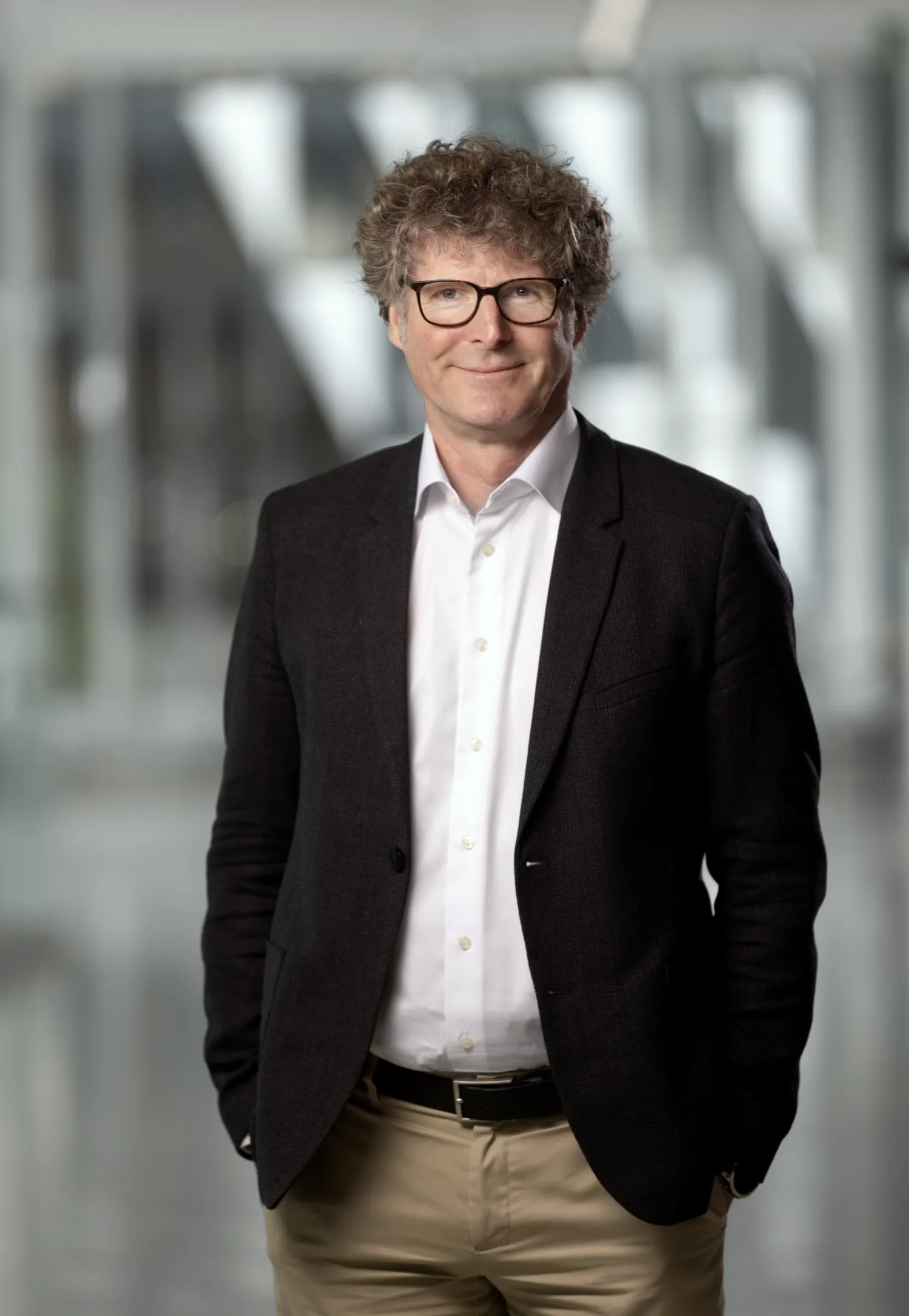Unrestrained inflammation is associated with many diseases, including cardiovascular diseases, autoimmune diseases and cancer. Peder Olofsson wants to understand how nerve signals regulate inflammation to ultimately improve therapeutic options. Meet one of the new professors of Karolinska Institutet who will participate in this year’s installation ceremony at Aula Medica on 3 October.
Text: Karin Tideström, for KI’s installation ceremony booklet 2024
What are you researching?
“My research group studies how nerve signals regulate inflammation. Unrestrained inflammation is a significant health problem and can be linked to several common diseases, including cardiovascular diseases, autoimmune diseases, and certain forms of cancer. Nerve fibres traverse the entire body, extending in proximity to virtually all cells. This organisation of the peripheral nervous system enables it to monitor and regulate organ function with exceptional precision. A better understanding of the interactions between nerves and immune cells can thus unlock new possibilities for precisely controlling specific aspects of the immune system and potentially improve treatment of disease.”

Photo: Rickard Kilström
How are you going about this?
“We study neuro-immune interactions in the context of unrestrained inflammation and inflammatory diseases. We make use of technology and model systems that enable precise control of neuro-immune interactions and monitoring of disease severity, at the organism, organ, and tissue microenvironment levels.”
How do you hope that your findings will be used?
“Since nerve signals control immune cells and are activated by electrical impulses, electronic devices may be developed to control inflammation – provided we understand the mechanisms in detail. We hope that a better understanding of neuro-immune interactions in health and disease will enable improved diagnostic and therapeutic options for many diseases in which inflammation plays an important role – from rheumatism to atherosclerosis.”
About Peder Olofsson
Professor of Bioelectronic Medicine at the Department of Medicine, Solna
was born in Härnösand in 1969. He received his MD from Uppsala University in 1996, and his PhD in experimental medicine from Karolinska Institutet in 2008. He established the Stockholm Center for Bioelectronic Medicine at MedTechLabs in 2016. Peder Olofsson was appointed Professor of Bioelectronic Medicine at Karolinska Institutet on 1 February 2024.







